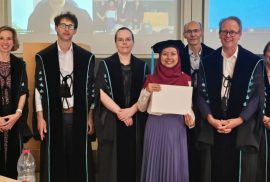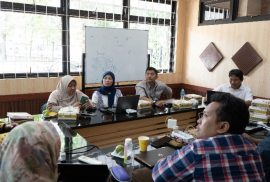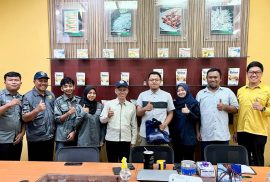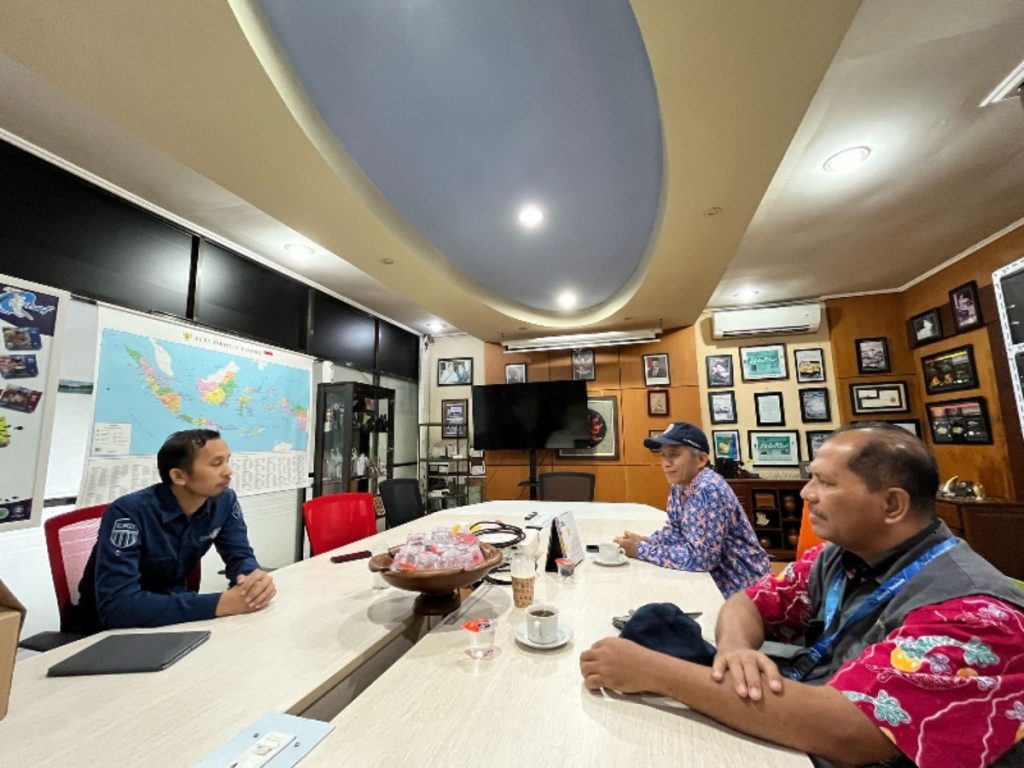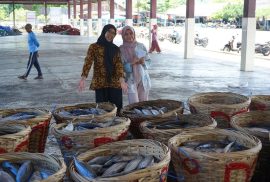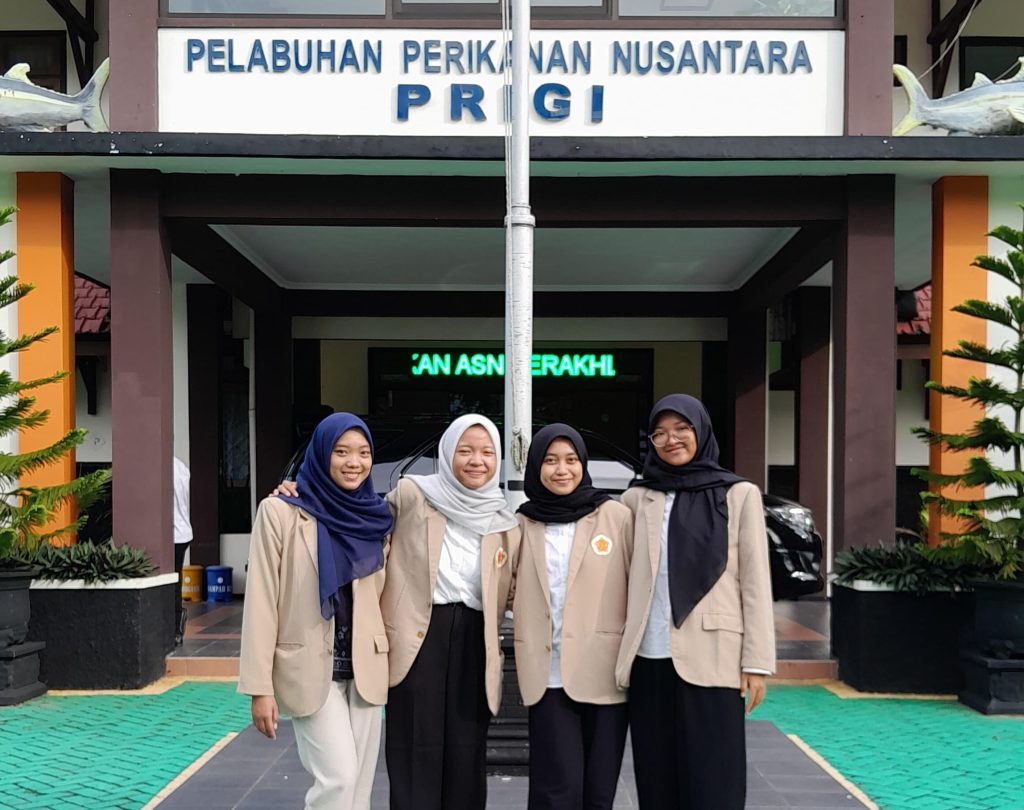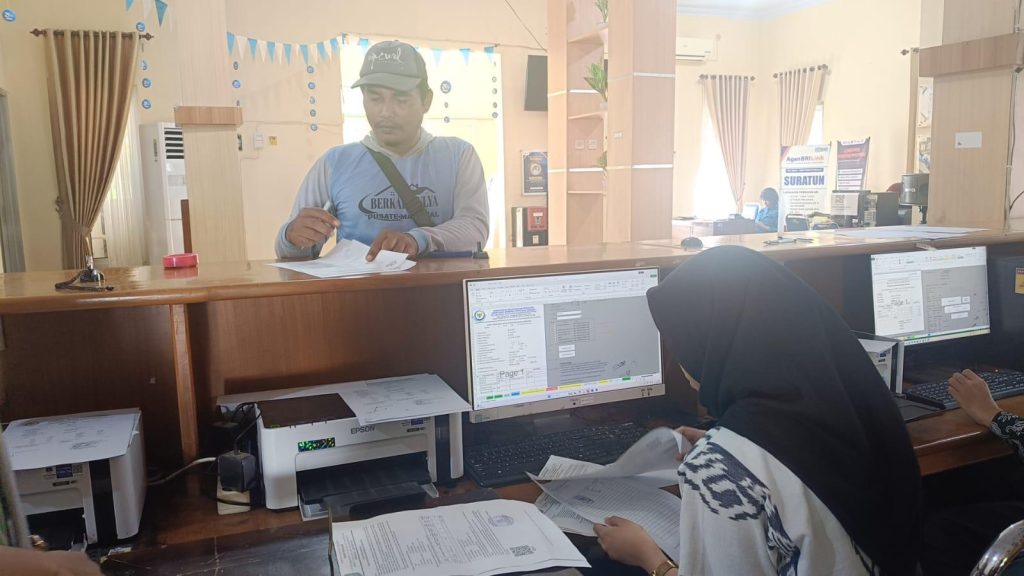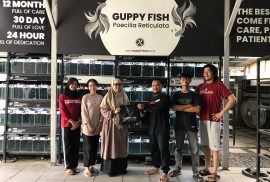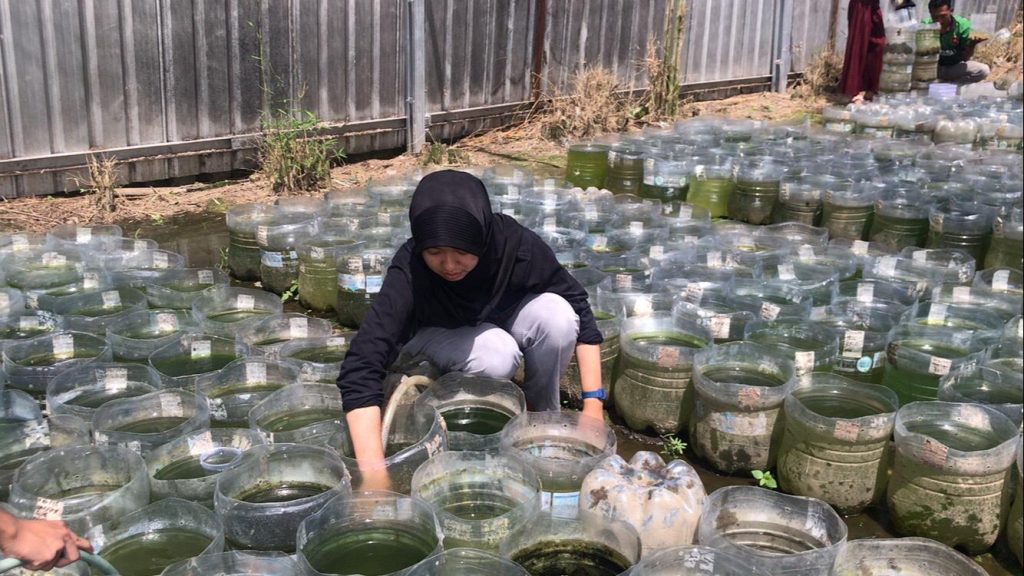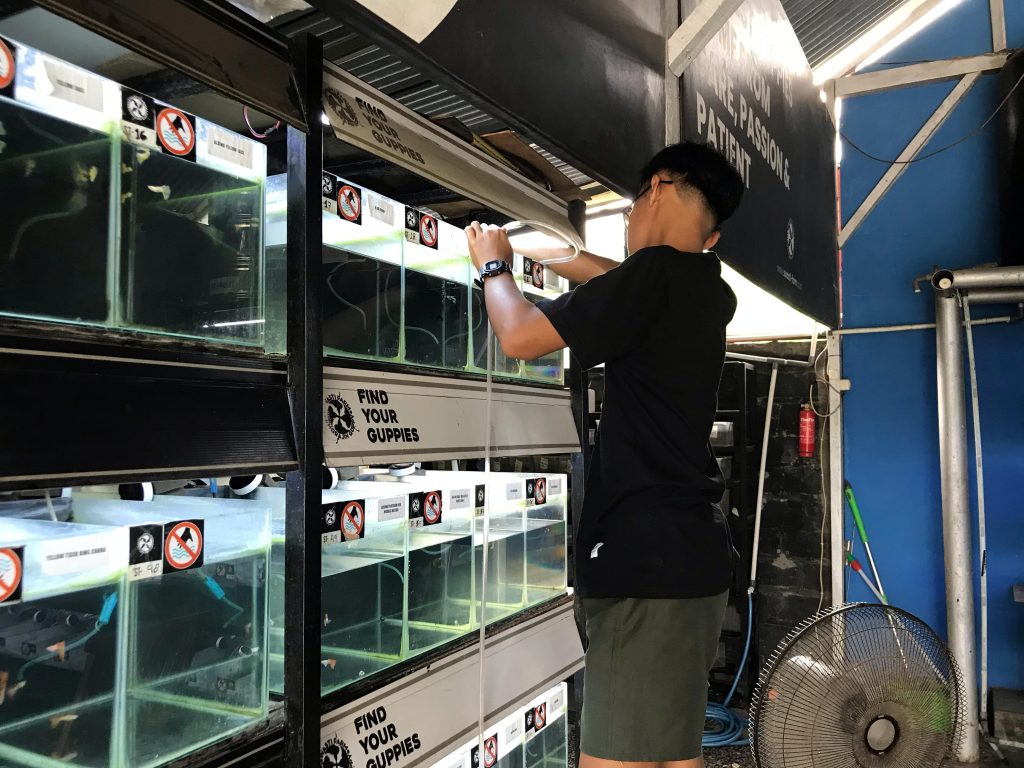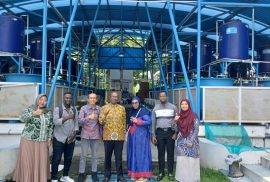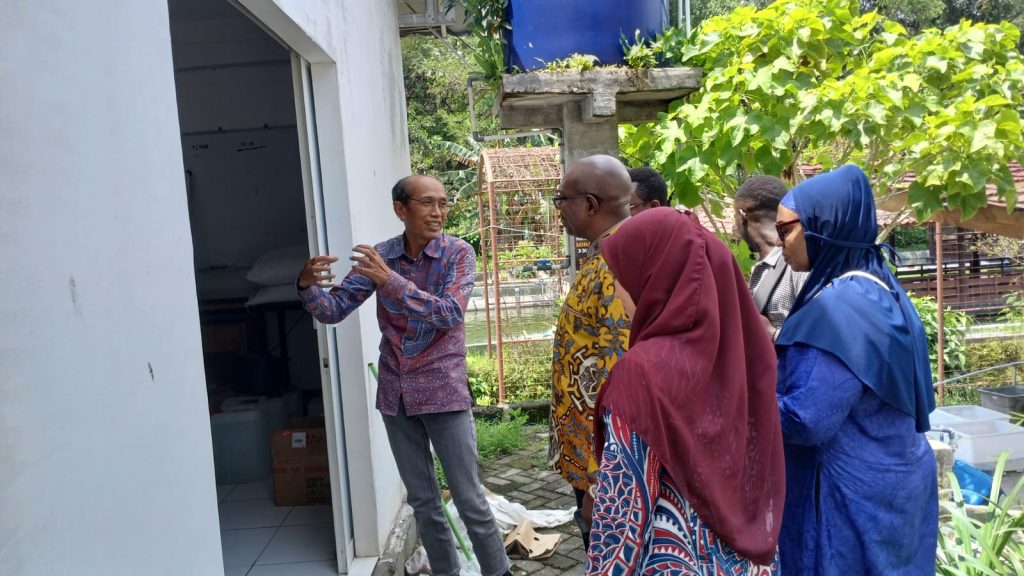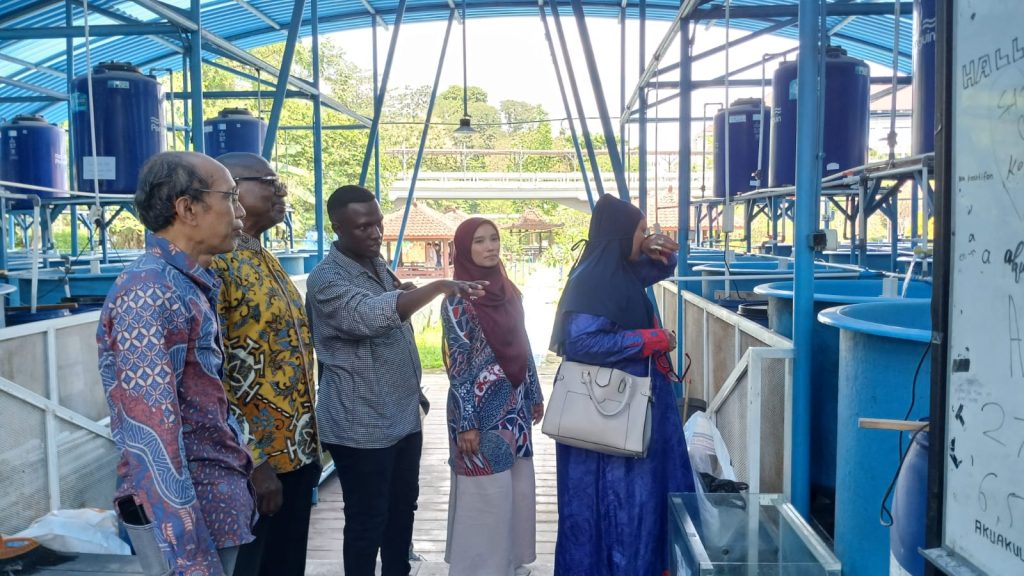Meet Dr. Susana Endah Ratnawati – Researcher in Seafood Safety and Fish By-Product Innovation
News Friday, 16 May 2025
Dr. Susana Endah Ratnawati, S.Pi., M.Si. is a lecturer at the Fisheries Product Technology Study Program, Department of Fisheries, Faculty of Agriculture at Gadjah Mada University. She specializes in Fisheries Product Processing and Quality Monitoring. Dr. Susana earned her bachelor’s degree in Fisheries Product Technology from Diponegoro University, then continued her master’s studies in Coastal Resource Management at the same institution. She obtained her doctoral degree in Bioscience Engineering from Ghent University, Belgium. With this strong academic background, Dr. Ratnawati actively contributes to the development of fisheries science and technology.
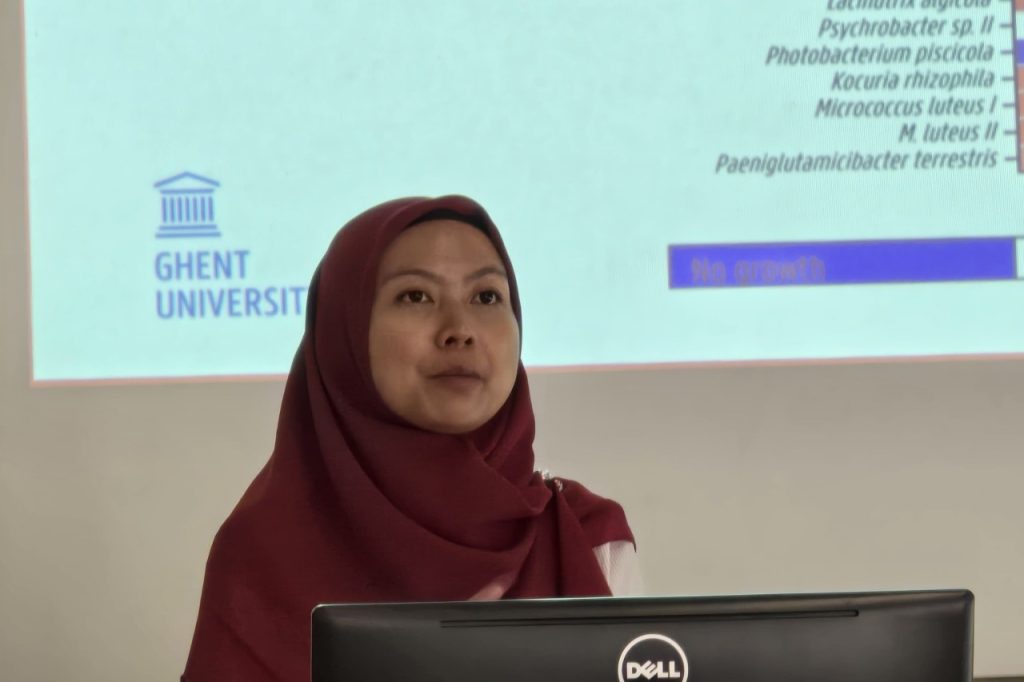
Dr. Susana Endah Ratnawati conducts cutting-edge research focused on enhancing the quality and safety of fishery products through innovative technological solutions. Her work spans three key areas: (1) investigating quality degradation mechanisms in shrimp during storage while developing advanced packaging systems for fresh and live products; (2) pioneering the valorization of catfish bone waste into functional nano-calcium for nutritional applications; and (3) establishing microbiological safety protocols for seafood processing. With publications in prestigious international journals such as Food Microbiology (Q1, IF:5.3) and LWT-Food Science and Technology (Q1, IF:6.0), Dr. Ratnawati demonstrates a strong commitment to advancing sustainable food science through evidence-based quality improvement methods, circular economy approaches to fisheries by-products, and science-driven food safety solutions. Her research bridges fundamental science with practical applications to support Indonesia’s growing fisheries industry.
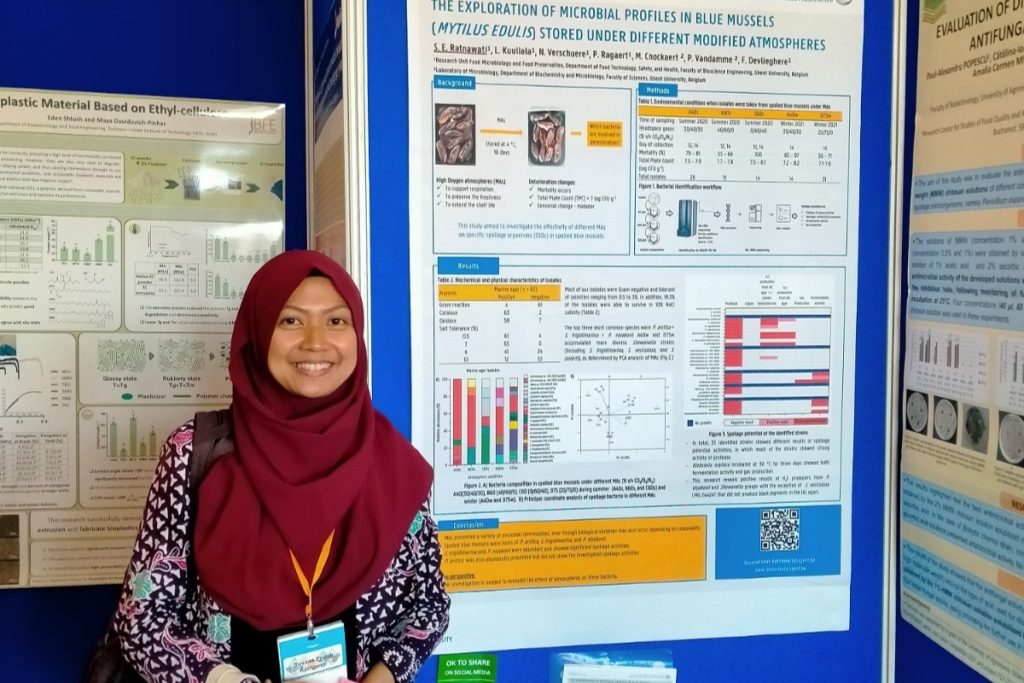
For Dr. Susana Endah Ratnawati, academia is more than a profession—it’s a calling inspired by her mother, also an educator. She finds her greatest joy in mentoring students brimming with ideas and ambition, a dynamic that fuels her own dedication to knowledge-sharing and research. As a mother, she strives to model this same path of purpose for her children. Dr. Ratnawati encourages students to: voice their ideas courageously, pursue bold visions, and maintain balance between academic rigor and personal well-being. Her teaching and research align with the UN Sustainable Development Goals (SDGs), particularly SDG 4 (Quality Education) and SDG 14 (Life Below Water), reflecting her commitment to nurturing both minds and marine ecosystems for future generations.
Author: Annisa Yustisia
Editor: Nahla Alfiatunnisa, S.Pi., Dr. Mukti Aprian, S.Kel., M.Si. (Han)

